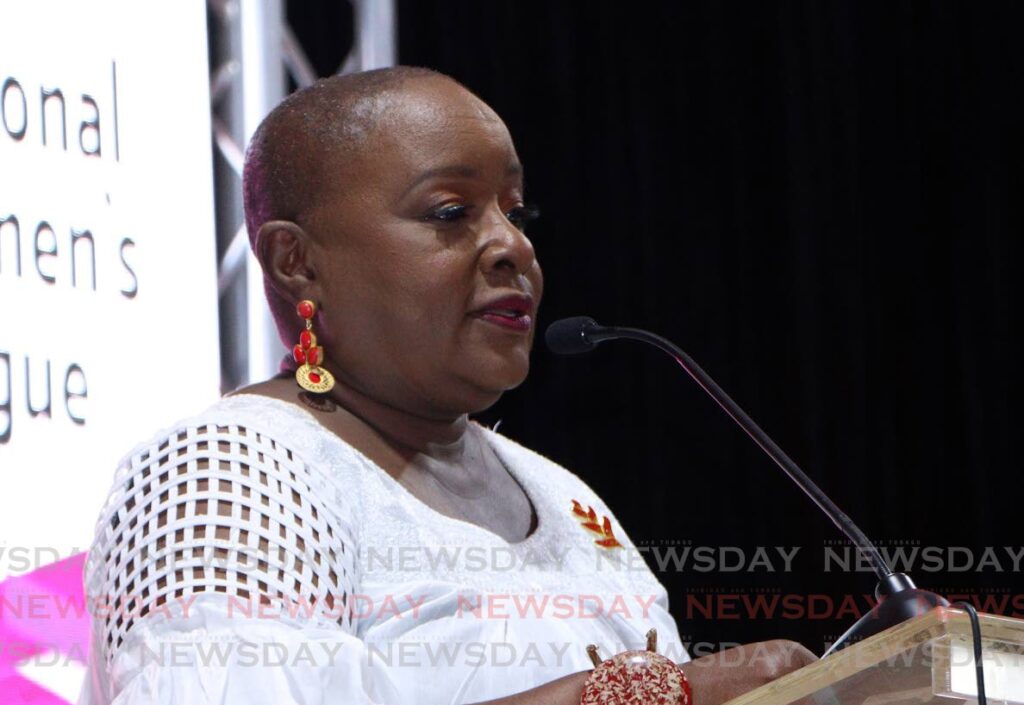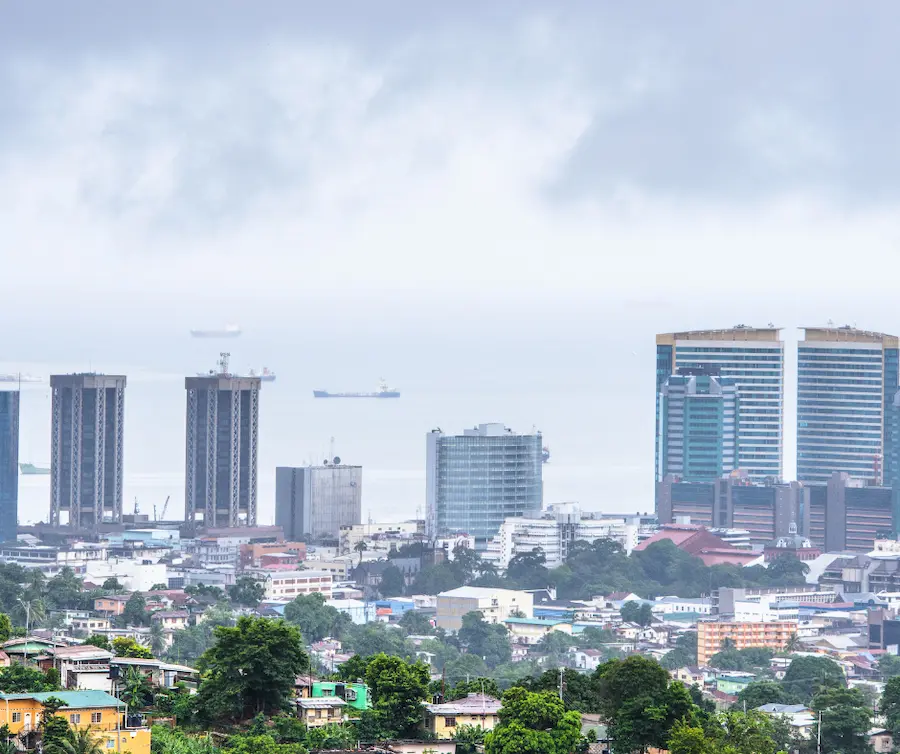

ATTORNEY GENERAL Camille Robinson-Regis has confirmed the government sought to intervene in the legal battle between the Judicial and Legal Service Commission (JLSC), led by Chief Justice Ivor Archie, and High Court judge Marcia Ayers-Caesar at the Privy Council.
A statement on March 28 from the AG’s office sought to clarify the government’s intervention in the matter.
Newsday reported concerns being raised about a potential conflict of interest after the state sought to intervene in the appeal before the Judicial Committee of the Privy Council. On October 3, the Privy Council denied the AG’s application.
The Attorney General’s legal team argued in its application that, under the State Liability and Proceedings Act, any legal action against a constitutional authority, such as a service commission, is considered a proceeding against the state.
The application said that if the Privy Council upheld the Court of Appeal’s ruling, the state would be responsible for any damages awarded to Ayers-Caesar for violation of her rights.
>
“The applicant accordingly wishes to be heard on the appeal as the Attorney General, on behalf of the state, has a material interest in the outcome of the appeal,” the application said.
A senior attorney had said the government should not have sought to intervene at the Privy Council since “it would be the very same government who will be called on to trigger a section 137.”
Questions sent to Attorney General Camille Robinson-Regis were unanswered.
However, the statement said Robinson-Regis wanted to clarify the government’s legal position in the matter.
“The intervention sought by the Attorney General and Minster of Legal Affairs before the Judicial Committee of the Privy Council (PC) was based on a fundamental legal principle: any damages awarded in the matter would ultimately be borne by the state, as represented by the Attorney General.
“The application to intervene was grounded in the State Liability and Proceedings Act, which establishes that legal proceedings against a constitutional authority, such as the Judicial and Legal Service Commission (JLSC), are considered proceedings against the state.”
The statement said the AG sought to be heard on the appeal “to ensure that the state’s interests were properly represented.”
“It is critical to distinguish between the legal responsibilities of the Attorney General and the constitutional authority of the Prime Minister.”
The statement said that under section 137, the power to initiate an investigation into the removal of a Chief Justice rests solely with the Prime Minister.
>
“The Attorney General, in contrast, acts as the legal representative of the state in civil matters, including proceedings involving service commissions such as the JLSC.
“The conflation of these distinct roles in public discourse is misleading.
“The intervention at the Privy Council was a legal matter related to the financial and constitutional implications of the case, while any decision regarding the initiation of proceedings under section 137 remains within the exclusive jurisdiction of the Prime Minister.”
The statement also said the state did not only seek to intervene at the Privy Council but was involved in the case from the outset, “ensuring that due process was followed in protecting the legal and financial interests of the Republic of Trinidad and Tobago.
“The Attorney General remains committed to upholding the rule of law and ensuring that the legal responsibilities of the state are carried out with integrity, transparency, and in full accordance with constitutional provisions.”
There have been calls from several quarters of the legal fraternity for Archie to resign or for Prime Minister Stuart Young to utilise Section 137 to initiate a tribunal to formally investigate the CJ’s conduct.
In its ruling on March 24, the Privy Council upheld a decision by the Court of Appeal that Ayers-Caesar was pressured to resign by the JLSC.


